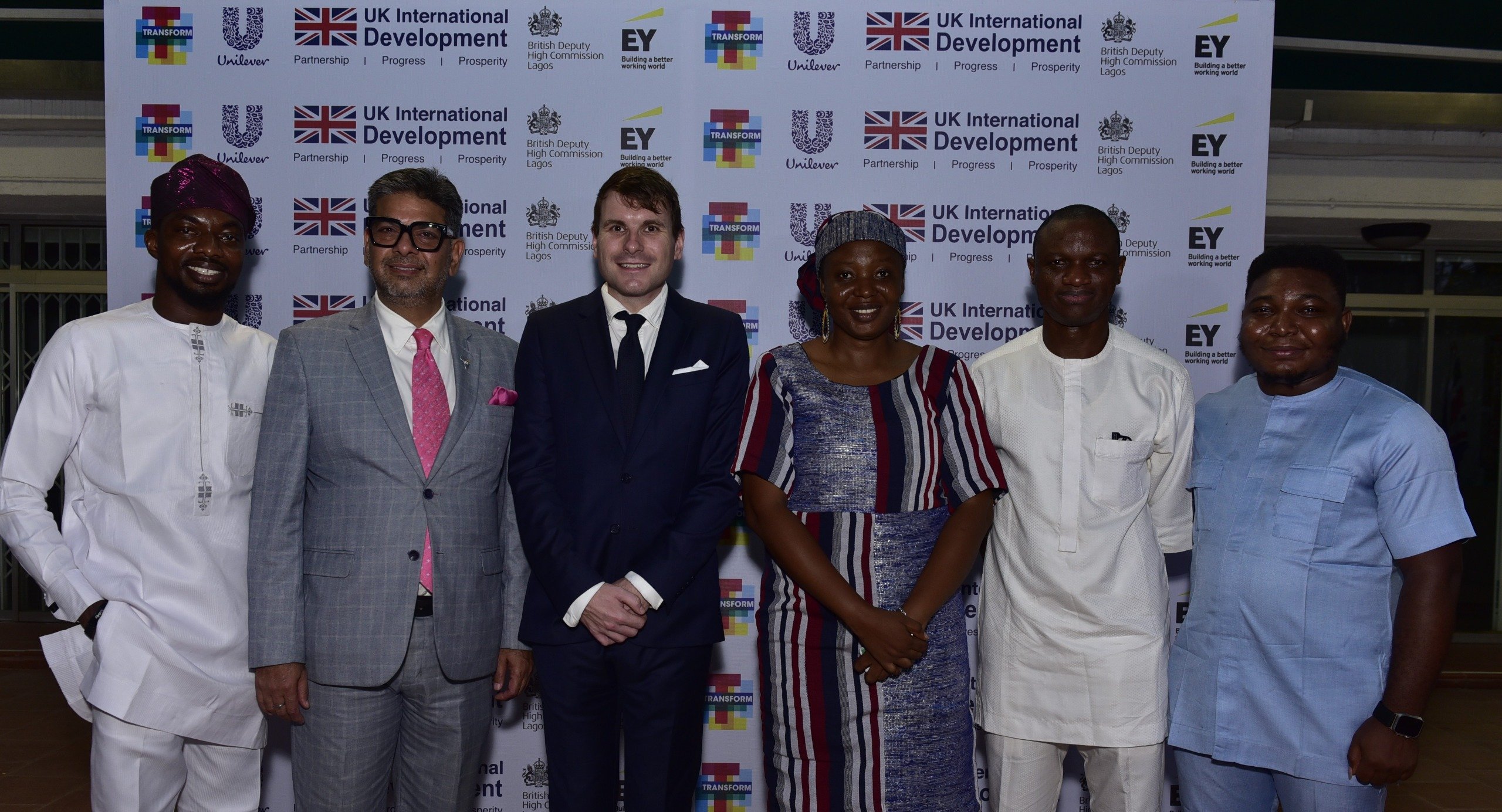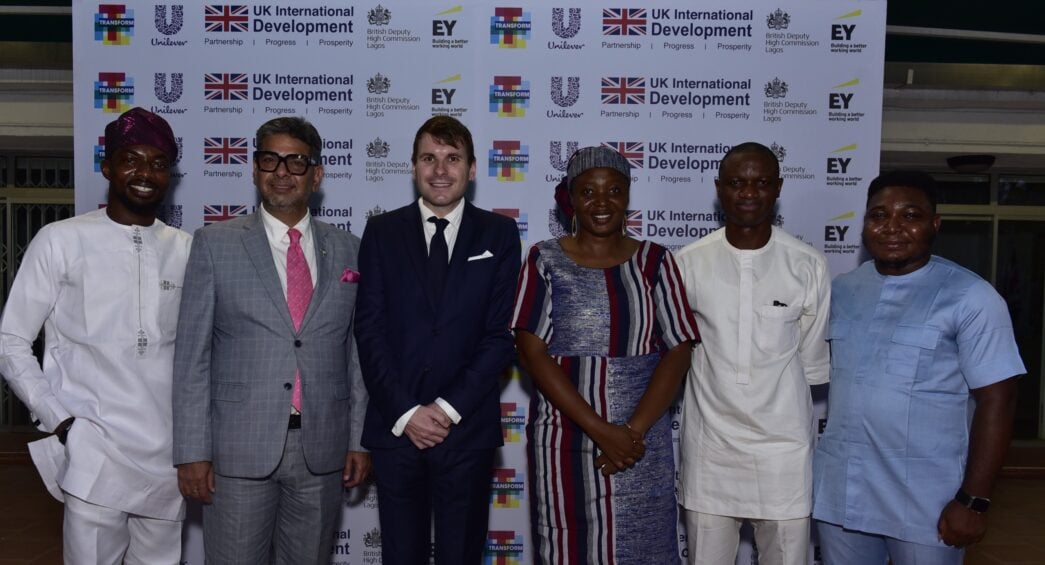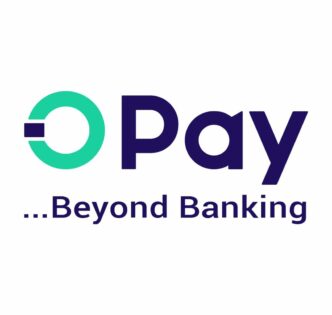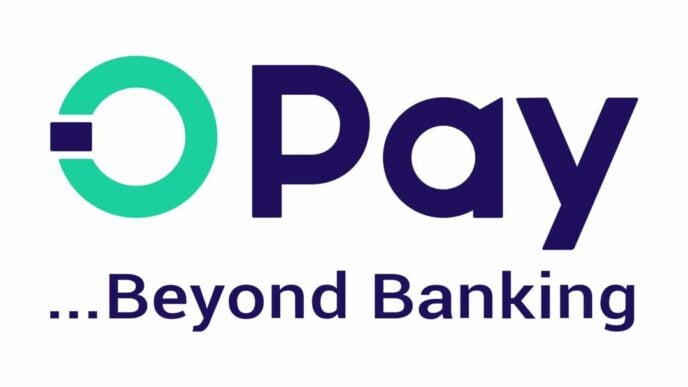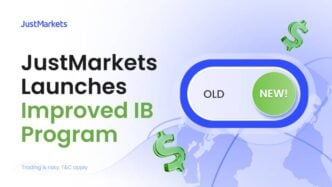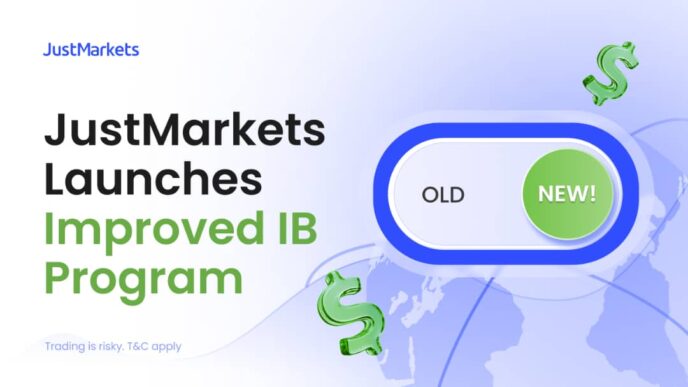Great things happen through collaboration. From the awe-inspiring International Space Station (ISS) orbiting above to the transformative World Wide Web connecting billions, humanity’s greatest triumphs have been shaped through collaboration. The Open Source Movement, epitomized by Linux and Wikipedia, and the expeditious production of vaccines for COVID-19, demonstrate the power of collective efforts in creating shared resources that benefits all.
As the world races to meet the Sustainable Development Goals (SDGs), harnessing this spirit of collaboration, especially through strategic Foreign Direct Investment (FDI), maybe the most powerful tool yet. By channeling global capital and expertise into critical sectors, FDI promotes innovation, drives sustainable growth, and accelerates progress toward a more inclusive and resilient future.
This is precisely why TRANSFORM, a joint initiative by Unilever, the UK’s Foreign, Commonwealth & Development Office (FCDO) and Ernst & Young (EY) that seeks to accelerate impact enterprises in Africa, Asia and beyond is highly commendable. TRANSFORM has now launched its West Africa initiative to promote sustainable development by supporting innovative enterprises in Ghana and Nigeria with nearly one billion naira in funding, mentorship, and global exposure.
A Model for Scalable Sustainability
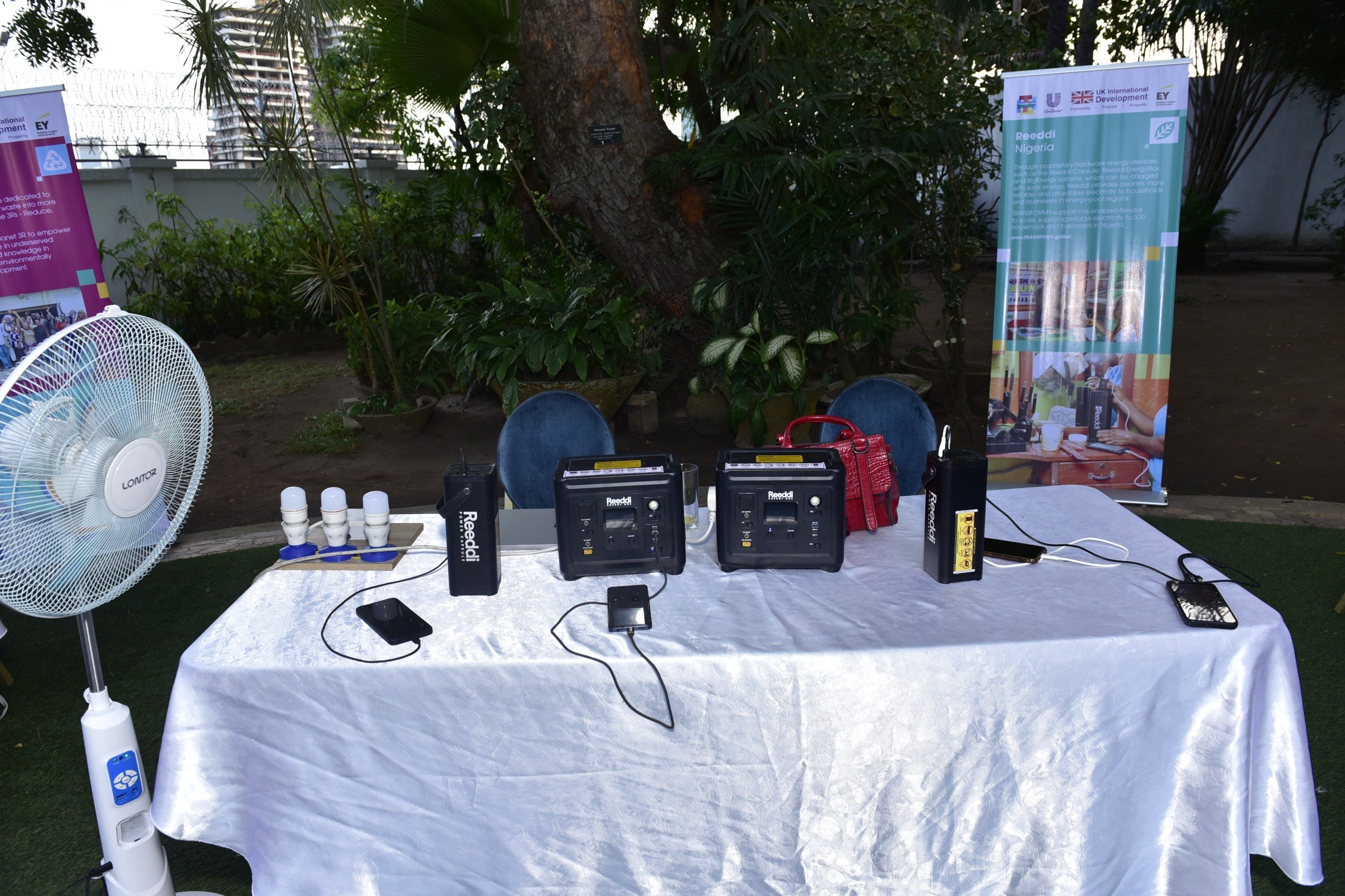
TRANSFORM is more than just an accelerator; it is an ecosystem of purpose. By uniting corporates, donors, investors and researchers, TRANSFORM is enabling impact-driven entrepreneurs across the world to pilot and scale solutions that address pressing environmental and social challenges.
The real exciting news is that in 2024, the programme turned its spotlight on West Africa, and selected five forward-thinking enterprises in Nigeria and Ghana focused on three critical areas: plastics, regenerative agriculture and shopkeeper livelihoods. Each enterprise chosen is set to receive up to £100,000 (£500,000 collectively) in innovation grants and access to invaluable in-kind support from Unilever and EY.
A Selection Process Rooted in Collaboration
The West Africa initiative kicked off with a two-phase selection process that started in June 2024. In the first phase, over 100 concept notes were sourced from the networks of Unilever, FCDO, and EY and evaluated with input from Unilever’s in-country teams in Nigeria and Ghana. The second phase involved 22 shortlisted enterprises submitting detailed proposals, each supported by a Unilever mentor to fine-tune their impact models and ambitions.
A series of vibrant in-person and virtual events held in Lagos and Accra in June 2024 brought together stakeholders across the innovation ecosystem, from incubators and accelerators to previous TRANSFORM grantees such as WeCyclers and SESA Gripe. The gatherings were a platform to inform and inspire.
Spotlight on the Selected Enterprises
From plastic waste to sustainable farming, the selected enterprises are united by their commitment to people, planet and profit. Each initiative holds the promise to scale impact and spark systemic change in West Africa:
Chanja Datti (Nigeria): By decentralizing plastic waste collection through Micro Recycling Plants, Chanja Datti is tackling pollution at its source and creating green jobs in underserved communities.
Scrapays (Nigeria): With a tech-enable platform connecting waste producers to recyclers and processors, Scrapays is building an efficient, traceable and profitable waste recovery network.
Planet 3R (Nigeria): A woman-and-youth-led social enterprise, Planet 3R transforms waste into wealth by training communities to turn plastic and textile waste into reusable household items and fashion accessories.
AppCyclers (Ghana): The Northern Ghana Plastic Waste Reboot Initiative is reimagining the circular economy by digitizing the plastic value chain with a special focus on empowering women waste collectors.
Minana Service (Ghana): Through sustainable palm oil production, Minana is both regenerating agricultural land and helping to create meaningful employment opportunities for women and youths in rural Ghana.
These firms are not just startups; they are the seeds of a sustainable revolution.
A Celebration of Innovation
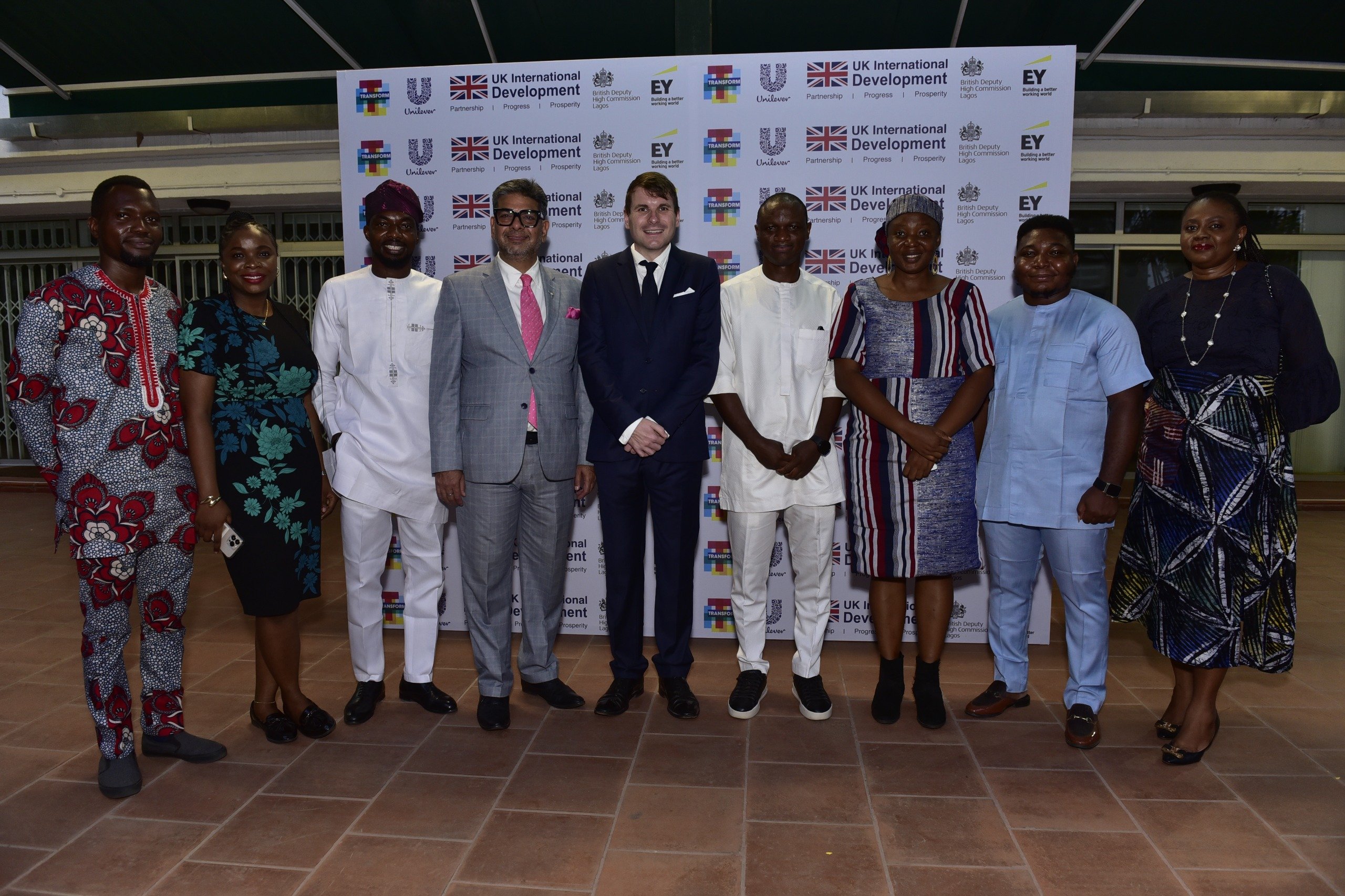
To honour the selected enterprises, TRANSFORM hosted a landmark celebration on April 3, 2025, at the British High Commissioner’s Residence in Lagos. The event brought together 50 guests, including representatives from Unilever, the UK FCDO, EY, the British High Commission and the broader social enterprise ecosystem.
Inspiring speeches underscoring the initiative’s strategic significance were given. John Baxter, Deputy High Commissioner of BHC Lagos, called the cohort “trailblazers in sustainability.” Godfrey Adejumoh, Head, Corporate Affairs and Sustainability Business, Unilever Nigeria, emphasized the critical role of collaboration in achieving scale. Adejoke Lasisi, CEO of Planet 3R, shared her journey of turning waste into empowerment for Nigerian women.
A corresponding celebration is planned for April 30, in Accra, Ghana to continue the momentum and spotlight the country’s vibrant innovation ecosystem.
The Promise of Unilever’s TRANSFORM
The TRANSFORM West Africa initiative is beyond funding, it is about promoting long-term inclusive prosperity. By embedding sustainability into enterprise DNA, TRANSFORM is helping to build resilient economies that serve both people and the planet.
With the in-kind contributions from Unilever in the form of dedicated project leads, and business support from EY coaches, these enterprises are equipped not just to survive but also to thrive and create ripple effects that reach far beyond national borders.
In a region full of opportunities to improve livelihoods and socio-economic impact, TRANSFORM’s approach is a timely, necessary intervention. It is redefining how corporate and development partners can collaborate to support and grow the next generation of changemakers. By aligning with government efforts, it signals strong private sector backing for initiatives that drive meaningful impact, foster growth, and enable scalable solutions.
TRANSFORM and Unilever Nigeria’s Sustainability Focus
In its drive to accelerate its sustainability efforts in Nigeria, Unilever has sharpened its strategic focus on improving livelihoods. This is embedded across four key pillars: Youth Employability through the Future-X Campus Ambassadors Programme (FUCAP) in partnership with UNICEF Gen U, Plastic Collection via collaborations with franchises like WeCyclers, Women Empowerment through the Shakti initiative, and Localisation of raw material sourcing.
These pillars are delivering tangible results. Through its partnership with WeCyclers, Unilever Nigeria has collected over 13,000 tonnes of plastic waste, surpassing the volume of plastic it puts into the environment. Under its localisation agenda, Unilever Nigeria now locally source over 50% of its raw materials to its manufacturing. Through local sourcing of cassava sorbitol, over 10,000 cassava farmers have been positively impacted, thereby enhancing their livelihoods and economic opportunities. The Shakti initiative on women empowerment has over 13,000 women across 22 states, including the FCT, creating micro-entrepreneurs and nurturing financial independence. In addition, the FUCAP initiative has equipped over 40,000 youth with entrepreneurship and future-of-work skills, preparing them to thrive in an evolving job market.
With the support of three Nigerian enterprises focused on plastic collection under the TRANSFORM initiative, Unilever is poised to deepen its impact. By ensuring improved remuneration for plastic collectors and strengthening the entire waste management ecosystem. The initiative not only supports environmental sustainability but also impacts significantly on livelihoods. It is driving long-term social and economic benefits for communities across Nigeria.
Last Words
At its heart, TRANSFORM is a testament to what’s possible when vision meets collaboration. In West Africa, it is laying the groundwork for a more sustainable future, one innovation at a time.
As the world searches for solutions to its most urgent challenges, TRANSFORM is proving that the answers often lie closest to home. Yes, they are in the ingenuity of local entrepreneurs, in the spirit of community, and in the power of sustainable enterprise.
TRANSFORM West Africa today stands as a beacon of hope, demonstrating the power of collaboration to do great things.
As Helen Keller noted, “Alone we can do so little; together we can do so much.”
